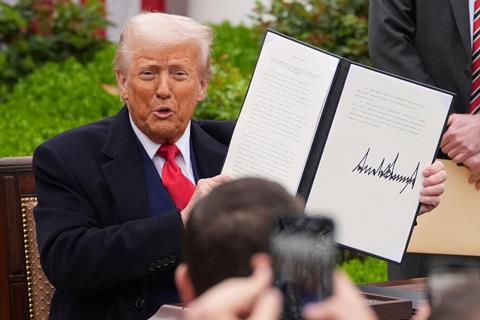
Donald Trump’s sweeping tariffs have been blocked by a US federal court on Wednesday, throwing global markets into disarray yet again.
The Manhattan-based court ruled that the US president overstepped his authority by imposing tariffs on nearly every country on 2 April, when he cited emergency economic powers.
The ruling also prevents Trump from imposing tariffs on China, Canada and Mexico meant to stop the influx of fentanyl into the US.
The three-judge panel ruled in favour of a permanent injunction, which gives the administration around 10 days to halt the process of rolling out global import levies.
This includes the nearly-universal 10% tariff on most goods entering the US, including those coming from the UK, plus the now-30% fee on China and 25% fee on some goods from Mexico and Canada.
However, it does not affect the 25% on cars, steel and aluminium, as those were subject to a different law than the one Trump cited for his wider “reciprocal tariffs” trade policy.
The White House immediately appealed the decision on Wednesday night, with businesses around the world now waiting to find out how the decision will play out for the global economy.
The UK government has distanced itself from the announcement, claiming it is a domestic matter.
A government spokesperson noted “this is only the first stage of legal proceedings”.
“We were the first country to secure a deal with the US in a move to protect jobs across key sectors, from autos to steel, and we are working to ensure that businesses can benefit from the deal as quickly as possible”, a No 10 statement read.
Read more: Will UK producers benefit from trade deal with the US?
The UK was quick to sit at the negotiating table with the US in a bid to mitigate the impact of tariffs on cars and steel in particular.
In exchange, ministers gave greater market access to US agrifood producers, including a higher tariff-free beef and ethanol quota.
Many in the food industry have criticised the government for “trading off” certain parts of the sector in the negotiations, which are still being hashed out.
“This decision throws a hand grenade of uncertainty into the plans of UK food and drink exporters and sets the stage for weeks of serious contusion for those in the beef and bioethanol sectors,” said Ian Wright, former Food & Drink Federation chief and ex-head of the government’s Food & Drink Export Council.
“Trump will appeal and weeks from now, when the case eventually reaches the Supreme Court, the president will win,” Wright predicted.
“He will claim it as a victory for the elected populist president over undemocratic extreme liberal judges. It will be a victory which costs UK food and drink industry – among others – a great deal of wasted time and money.”
The announcement also goes against Trump’s recent threats to launch 50% tariffs on the EU, which were set to affect Northern Ireland as the region currently enjoys dual-market access to both UK and EU markets for goods.
It is still unclear how the federal court’s ruling will affect the terms of the recent UK-US agreement, or what this will mean for future discussions with the EU.
Chris Southworth, secretary general of the International Chamber of Commerce, said the development “puts a whole cloud over the top of any negotiation with the US because it’s unclear what the US is negotiating and what their position will be from a legal standpoint”.
“Countries will be reluctant so we’re probably likely to see a pause in trade negotiations, or sort of more fragmented dialogue. You can’t really take on the tariff issue if you don’t really know if those tariffs will exist.”
He added “time will tell if this impacts the deal between the UK and US, because this is just the beginning of a series of lawsuits”.
Read more: UK-US deal to include agrifoods but government draws ‘red line’ on hormone beef and chlorinated chicken
“What it will do is put a question mark over the deal. But if those tariffs are removed as a result of the legal action, then that’s good news, because the UK-US dialogue is primarily damage limitation to reduce the burden of tariffs on UK business,” Southworth said.
Marco Forgione, director general of the Chartered Institute of Export & International Trade, added: “It’s clear that we live now in a time of growing uncertainty.
“But businesses, especially our world-leading food and drink producers, should not rush to react. Whatever the outcome of the legal appeal, keeping calm is the best approach.
“Even talk of tariffs can have a chilling effect on exporters, forcing businesses to rethink logistics, pricing, and investment. The UK’s agri-food sector exported over £24bn in goods last year – from Welsh lamb to British cheese – and stability is vital to support that growth.
“All the evidence shows that businesses which trade internationally are more resilient, more sustainable, employ more people, and are more profitable. The UK must keep backing open, rules-based trade to give our exporters the certainty they need to succeed.”
Both European and Asian stock markets opened higher on the news of tariff removals.







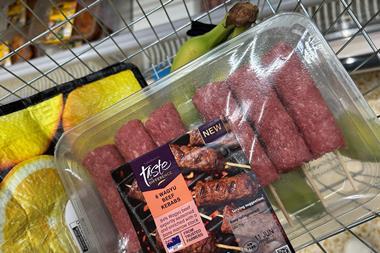
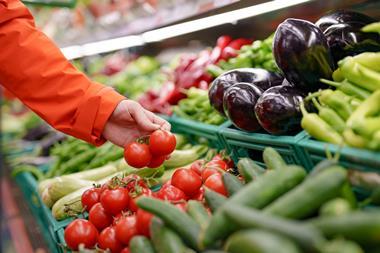
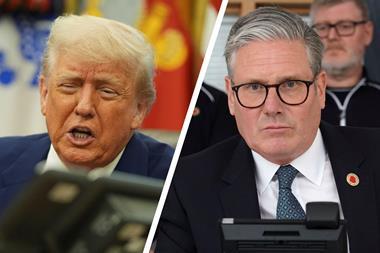

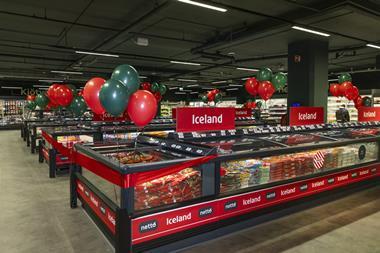







No comments yet